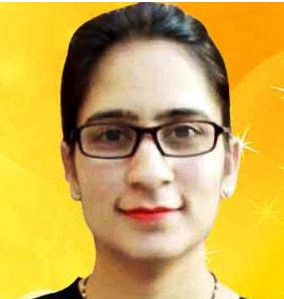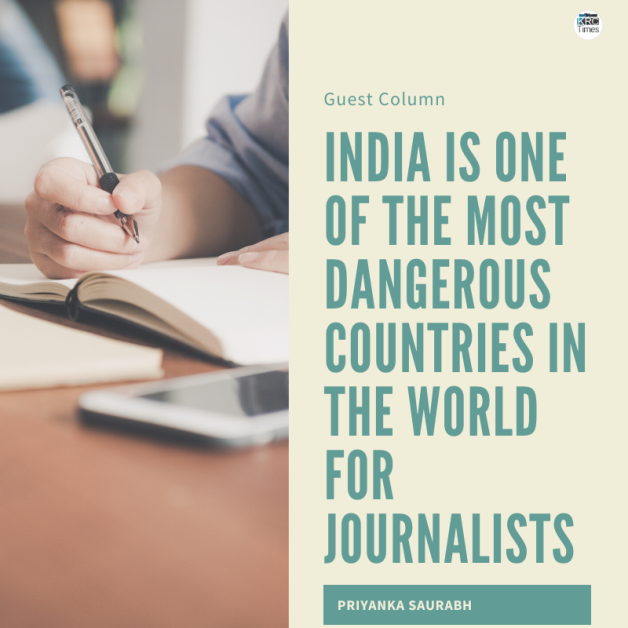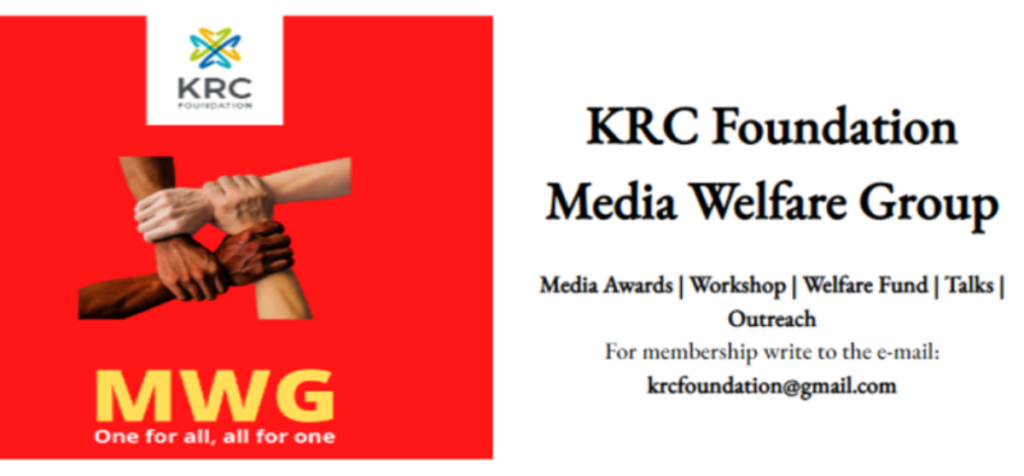India was ranked in the “poor” category along with Brazil, Mexico, and Russia
 Priyanka Saurabh
Priyanka Saurabh

A free press plays an essential role in our democratic societies such as holding governments accountable, exposing corruption, injustice, and abuse of power, informing societies, and being involved in decisions and policies affecting them. The World Press Freedom Index paints a dismal picture of press freedom around the world. Increasing forms of government intimidation, censorship, and harassment of journalists and media outlets threaten to undermine the nature and resilience of our democracies. How we deal with this issue in the times to come will be the deciding factor.
The World Press Freedom Index 2021 has been released by the media watchdog group Reporters Without Borders. Norway topped the index for the fifth year in a row. The report labeled 132 countries as “very poor”, “poor” or “problematic”. India ranked 142 out of 180 countries. India was ranked in the “poor” category along with Brazil, Mexico, and Russia. The report said that India is one of the most dangerous countries in the world for journalists trying to do their jobs properly. In 2016, India’s rank was 133, which has steadily dropped to 142 in 2020. India has been criticized around the world for its “extremely violent social media hate campaign” against journalists who “dare to criticize” the government.
Free exchange of ideas, free exchange of information and knowledge, debate, and expression of different points of view are important for the smooth functioning of democracy. A free press can inform citizens about the successes or failures of its leaders. It conveys the needs and wants of the people to the government bodies, takes informed decisions, and as a result strengthens the society. It promotes open discussion of ideas that allows individuals to participate fully in political life. Free media makes people question the decisions of the government and make them accountable. the voice of the marginalized; Being the voice of the people, independent media gives them the right to express their opinion. Thus, free media is important in a democracy. Due to these characteristics, the media is considered the fourth pillar of democracy after the legislature, executive, and judiciary.
Advertisements | 5E For Success

The biggest threat to the freedom of the press is fake news; The pressure of the government in the name of rules, the bombardment of fake news, and the influence of social media are dangerous. Corruption-paid news, advertising, and fake news are a threat to free and fair media. The biggest issue is the safety of journalists, killings and attacks on journalists covering sensitive issues are very common. Shared and abusive language is used on social networks against journalists who use social media. Reports such as ‘Freedom in the World 2021 (Freedom House, US)’, ‘2020 Human Rights Report (US State Department)’, ‘Autocratization Goes Viral (V-Dem Institute, Sweden)’ highlight threats to journalists in India Is. Corporate and political power has overwhelmed large sections of the media, both print and visual, which leads to vested interests and erodes freedom.
Freedom of the press is at the foundation of all democratic organizations in India. The Indian Constitution guarantees freedom of speech and expression under Article 19, which deals with freedom of speech, etc. Freedom of the press is not explicitly protected by the Indian legal system, but it is implicitly protected under Article 19(1)(a) of the Constitution. However, even the freedom of the press is not absolute. It is a regulatory body established under the Press Council of India Act 1978. Its objective is to maintain the freedom of the press and to maintain and improve the standards of newspapers and news agencies in India. Paris-based Reporters Without Borders publishes a World Press Freedom Index annually. The index evaluates the level of freedom available to the media in 180 countries, which informs governments and officials of their policies and regulations against and against freedom of the press. India has been ranked 142 out of 180 countries in the World Press Freedom Index, 2021.
The Press Council of India, a regulatory body, may warn and regulate the media if it finds that a newspaper or news agency has violated media ethics. Statutory status should be given to the News Broadcasters Association which represents private television news and current affairs broadcasters. There is a need to restore confidence in the media to combat material manipulation and fake news without undermining the freedom of the media. The media must stick to the core principles such as truth and accuracy, transparency, independence, fairness and impartiality, responsibility and impartiality.

(Priyanka Saurabh, is a Research Scholar in Political Science. A Poet, freelance journalist, and columnist)
Advertisement | KRC Foundation

To know more, visit: https://bit.ly/3KVFnRq


